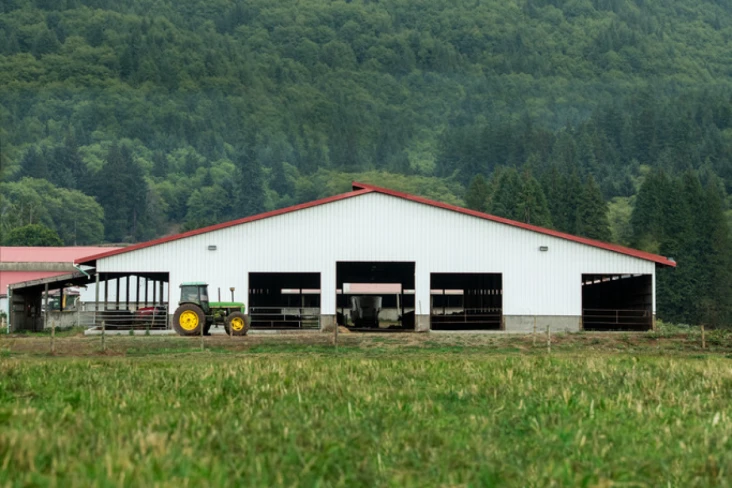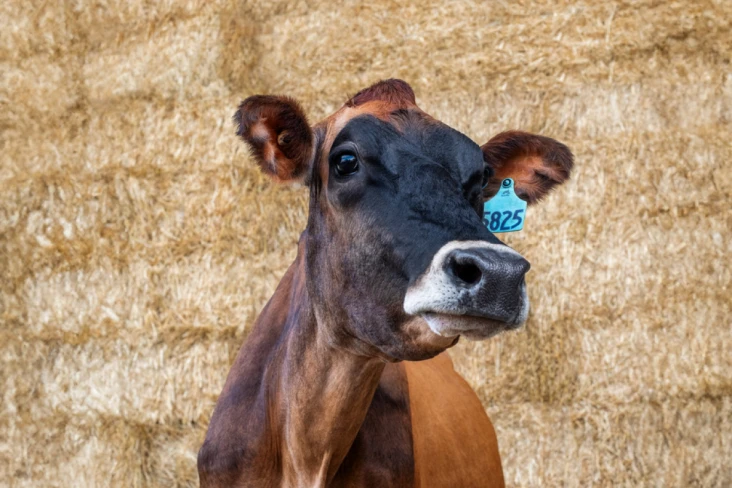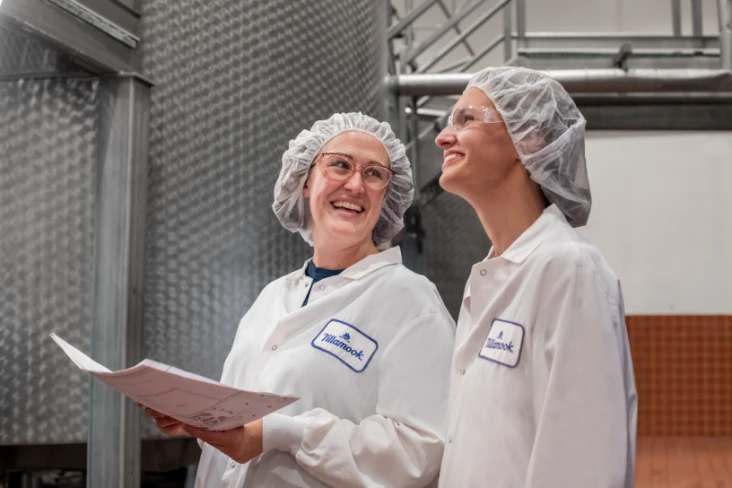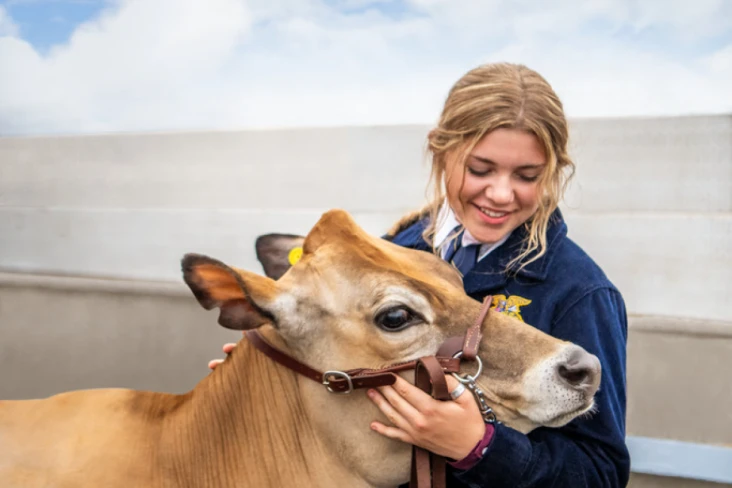At Tillamook County Creamery Association (TCCA), we believe that every single time a consumer uses our products, it should be a positive experience. We want our consumers to have trust and confidence that the Tillamook food they consume is safe, has consistent quality, and is made of simple, recognizable and wholesome ingredients.
“There is a direct link between customer satisfaction and food safety/food quality. Customers need to be satisfied with what they are provided. Loss of a single large customer can be detrimental.”
-Jamie Jonker, VP, Sustainability & Scientific Affairs, National Milk Producers Federation
Stewardship Charter: At TCCA, we uphold our tradition of doing things right by committing to a business model rooted in Stewardship. In 2017, we established a board-approved, third-party reviewed Stewardship Charter that defines our vision and our framework. Our Charter is centered on Commitments to six key stakeholders, which encompass the issues most important to our business: Thriving Farms, Healthful Cows, Inspired Consumers, Enduring Ecosystems, Fulfilled Employees and Enriched Communities.
We use our Stewardship Charter as the anchor of our Stewardship Management System; that is, we have policies, procedures, documentation, measurement and communication, which cascade from the Stewardship Charter and guide our decision making. Adopting a management system like this is intentional—it ensures we embed our Stewardship Commitments across all business functions, not just within our Stewardship Team. It also holds us accountable to our farmers, consumers, suppliers, employees, customers and neighbors. Upholding our Stewardship Charter is one of our five company shared and one of our four business objectives, or time-bound goals.
One of our Stewardship Charter Commitments is to Inspired Consumers. When our consumers take a bite of Tillamook products, it should represent everything we stand for. When we strive for a higher standard of excellence across our value chain, the result is great-tasting products that people are proud to enjoy and inspired to share with others.
We outline this commitment formally a Policy that addresses five key areas: ingredients and product design, manufacturing, packaging, supply chain and food safety and quality.
Supplier and Contract Manufacturer Expectations Manual: We demand the highest safety and quality standards not only of ourselves but of our suppliers and contract manufacturers. Our Supplier and Contract Manufacturer Expectations Manual is updated annually and outlines and enforces our expectations of non-milk suppliers of ingredients, components and manufacturing procedures. We require them to follow the same quality and food safety standards that we implement in our own manufacturing operations.
Grievance Mechanisms: We have a formalized internal process if a customer or consumer has a product complaint. Customers and consumers are encouraged to contact TCCA either directly via phone or through the Contact Us page on our website. We monitor and respond to complaints, request product code information and escalate to internal stakeholders as appropriate. The internal stakeholders follow internal protocol and implement Corrective Action Plans (CAP) and Supplier Correction Action Requests (SCAR), as appropriate.
Key Players: Every employee is held responsible for maintaining and upholding the high-quality standards for which we are known, and our Senior Director of Quality leads a department of food safety and food quality professionals to ensure each product meets our standards. This department conducts facility inspections and food quality testing throughout the supply chain to maintain compliance with regulations and industry best practices.
AT TCCA, we follow the proceeding principles:
We commit to bringing to market the most consistent, best tasting, highest quality dairy products, while maintaining the integrity of Tillamook products for which we are known.
We demand the highest nutritional standards applicable, and we commit to our consumers to use simple, wholesome, recognizable ingredients that are traceable to the source.
Management systems in our own facilities and our supplier partners are based on best agricultural and manufacturing practices.
We require systematic preventive approaches, such as a Food Safety Plan that controls the flow of food ingredients and products along the entire food chain.
We innovate at each stage of product development and upon bringing a product to market.
Where quality is not compromised, we source responsibly with consideration for shared value with our supply chain partners. We consider the complete life cycle of the product, focus on responsibly produced packaging, fairly-traded and local ingredients, and provide accurate labeling with innovative design.
We practice continuous improvement to advance the traceability of our ingredients and components and support evidence-based decisions and data to make changes to our practices. We look to adopt proven technology based on relevant scientific studies, not just on the popular movement.
The following processes help us to achieve this:
Food Safety Modernization Act: The FDA Food Safety Modernization Act (FSMA) was created in response to an increasingly complex, globalized food system. The Act emphasizes proactive prevention of foodborne illness, as opposed to reactive measures. At TCCA, we are required by law to comply with FSMA regulations—our minimum standard for safety and quality. And, our entire supply chain is subject to regulations and directives outlined in FSMA, including such topics as Hazard Analysis Risk Based Preventative Controls, supply chain verification, sanitary transportation, allergen control, produce handling and international imports.
Safe Quality Food Code: The Safe Quality Food (SQF) standard is a voluntary, internationally recognized food safety certification system. The SQF certification requires implementation of a Hazard Analysis Critical Control Point (HACCP) model. The HACCP management system is a systematic approach to preventing biological, chemical and physical hazards in a food manufacturing environment. Each of our manufacturing facilities maintains a detailed and current HACCP plan. In addition to HACCP, the SQF certification requires annual third-party audits of food production facilities and management practices. The SQF certification applies to the entire supply chain so that consumers can be confident in the products they eat are safe and high-quality. All TCCA products are assessed for improvements in health and safety impacts.
Food Safety Training: One critical aspect of our HACCP plan is the implementation of Good Manufacturing Practices (GMP). GMP focuses on operations and manufacturing within our supply chain. They are designed to keep our employees, visitors, and products safe. Every new employee that joins TCCA is trained on GMP during the onboarding process. In addition, employees directly engaged in the manufacturing of all products must undergo a refresher training each year. All visitors and contractors that enter our manufacturing facilities are required to complete GMP training as well.
Quality Control Laboratory Testing: In order to ensure that our food safety and quality standards are met at our manufacturing facilities, we operate three quality control laboratories. Our Tillamook and Boardman manufacturing facilities have labs responsible for testing raw milk quality and composition, as well as finished product testing for ice cream, cheese and whey. Finished product testing ensures our products have the correct fat, protein and salt composition and that they are safe to consume (bacterial load). The labs are also responsible for testing contract manufactured products, including yogurt, sour cream, butter and ice cream novelties.
Our Tillamook facility has a centralized microbiology lab that has met internationally recognized standards with ISO 17025 accreditation. This means that our results are verified by an audited management system for laboratory processes to ensure all finished products are safe to eat. This lab is also responsible for testing samples from our Boardman and Tillamook manufacturing environments to evaluate for presence of pathogens.
Audits: Our manufacturing facilities are subject to regulatory and third-party audits to ensure compliance with food safety regulations and industry best practices. We are audited annually by the US Department of Agriculture (USDA) and by the Food and Drug Administration (FDA).
Our suppliers and contract manufacturing partners are subject to similar audits from third parties. It is imperative that they meet our standards to uphold the integrity of our brand. Our team of internal auditors is responsible for conducting on-site audits for all ingredient suppliers and contract manufacturers.
At TCCA, we take pride in the quality of the products we produce, and we know our consumers insist on eating wholesome products made from wholesome ingredients. Our products contain no artificial coloring*, no artificial flavors, no artificial sweeteners and no high fructose corn syrup. And all TCCA farmer-owners and milk suppliers have pledged not to use the artificial growth hormone, rBST (see rBST, below). In fact, we have created a long list of unacceptable ingredients that we will not allow in our products. This list is enforced with our internal product development process, contract manufacturing partners and other supply chain partners.
We value open and transparent interactions with our consumers. One way in which we build trust is through product labeling. We are committed to thorough and accurate labeling practices, including identification of allergens, accurate ingredient lists, recyclability of packaging and kosher and Halal certifications, where applicable.
Currently, all TCCA farmer-owners have signed an affidavit and pledged not to use rBST. We require the same of our milk suppliers. It is important to note that this decision was based solely upon consumer requests, rather than scientific acknowledgement that rBST is harmful. The FDA requires any packaged food that makes claims about not using rBST to also include a disclaimer on the packaging: “The FDA has stated that no significant difference has been shown between milk derived from rBST treated and non-rBST treated cows.” All TCCA product packages contain this required disclaimer.
Quality dairy products require quality milk. All milk that arrives at our manufacturing facilities is screened for somatic cell count, bacteria and antibiotics. Unlike other dairy processors, we test every load coming from farms and immediately share this data with the farmers so that they can check the health status of their herd or take other corrective measures. The milk that we use is always Grade A. Our farmer-owners are required to produce milk that meets or exceeds local, state and federal health standards for safety and wholesomeness. In fact, we incentivize high-quality milk by offering farmer-owners a premium above a certain quality threshold.

U.N. Sustainable Development Goals
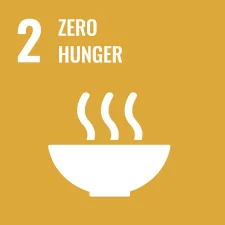
Goal 2
End Hunger, Achieve Food Security and Improved Nutrition, and Promote Sustainable Agriculture
We produce safe, wholesome, and high-quality food products.

Goal 3
Ensure Healthy Lives and Promote Well-being for All at All Ages
Our strict food safety guidelines and quality assurance processes ensure that consumers are receiving wholesome products without risk of foodborne illness.

Goal 12
Ensure Sustainable Consumption and Production Patterns
Our emphasis on food safety and product quality ensures that the products we produce are suitable for consumption, and, we strive to minimize waste.
